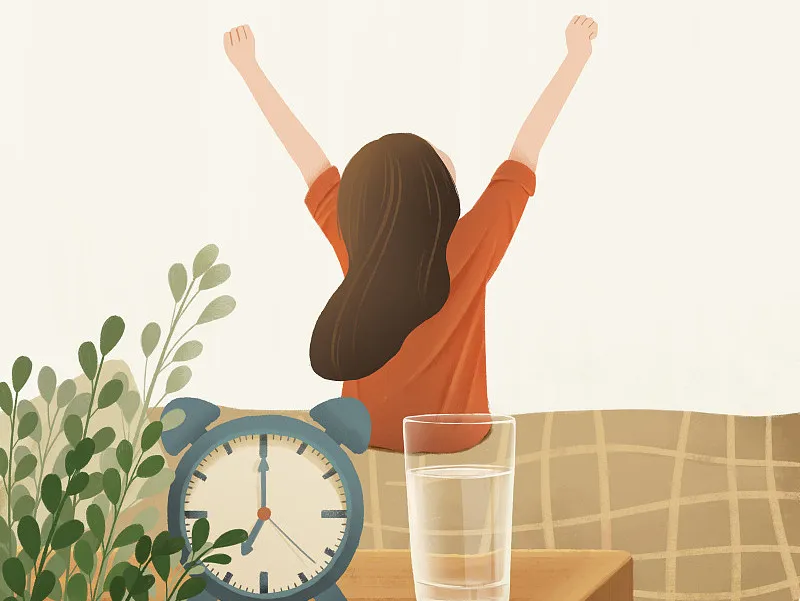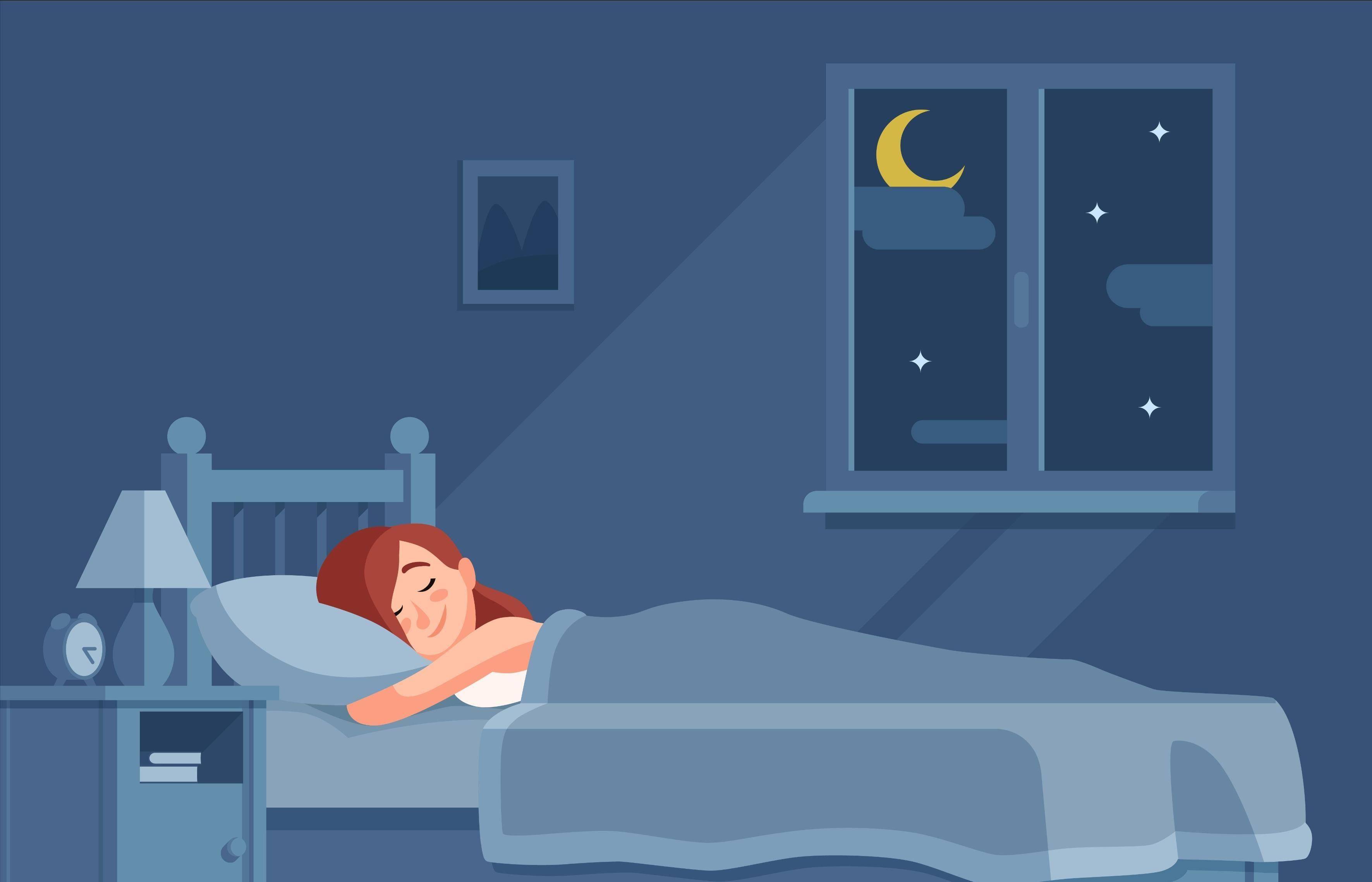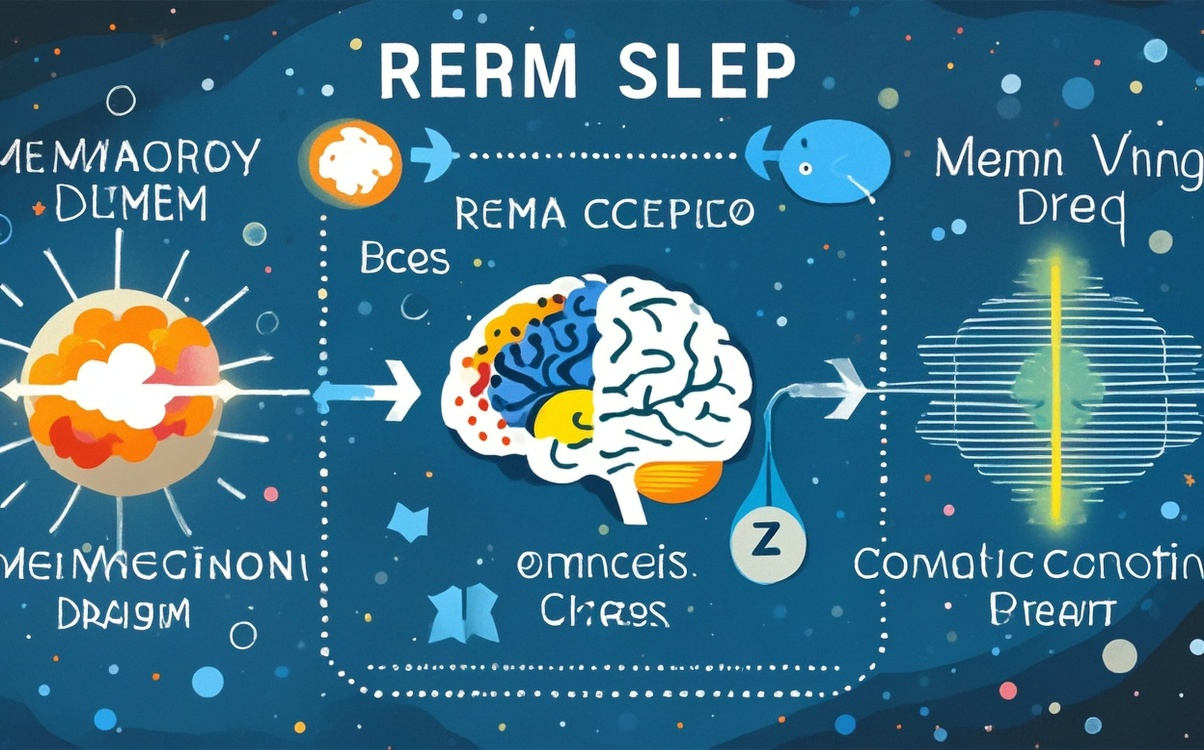Quality sleep is essential for physical health, emotional stability, and cognitive function. Yet, studies show nearly half (48.5%) of adults struggle with sleep, making it a widespread health challenge.

What is Insomnia?
Insomnia occurs when someone is dissatisfied with their sleep despite having adequate opportunity and environment for rest. It involves difficulty falling asleep, staying asleep, or waking too early, significantly impacting next-day function.;
Given these serious effects, are there effective insomnia treatments beyond medication? Absolutely. The internationally recognized gold-standard treatment is cognitive behavioral therapy for insomnia (CBT-I).
What is Cognitive Behavioral Therapy for Insomnia (CBT-I)?
CBT-I tackles insomnia by changing unhelpful thoughts about sleep and modifying behaviors that disrupt it. Here’s what it involves:
1. Sleep Hygiene Education
Teaches healthy habits: maintaining consistent sleep/wake times, optimizing the sleep environment, avoiding stimulants (caffeine, nicotine, alcohol) before bed, and limiting intense exercise or screen time close to bedtime.
2. Sleep Restriction
Reduces time spent awake in bed (including struggling to fall asleep, nighttime awakenings, or lying in after waking). This boosts "sleep efficiency" – actual sleep time versus time in bed.
3. Stimulus Control
Rebuilds the link between bed and sleep:
Go to bed only when sleepy.
If unable to fall asleep within 20 minutes, get up and do something relaxing until sleepy again.
Avoid non-sleep activities in bed (like watching TV or worrying). Get up at the same time every day, even weekends.
4. Relaxation Training
Uses techniques like progressive muscle relaxation, diaphragmatic breathing, or guided meditation (often with audio) to reduce physical tension and bedtime anxiety.Try playing insomnia-relieving 'rain sounds' or 'ocean sounds' from SleepingHarmony. These natural sounds will help you learn how to go to sleep fast and make them even more effective.
5. Cognitive Restructuring
Identifies and changes unrealistic sleep beliefs (e.g., "I MUST sleep tonight or tomorrow will be ruined," "What if I can't function at work tomorrow?" or "Will this insomnia damage my health?"). This breaks the cycle where worry about sleep actually fuels more insomnia.
Who Benefits from CBT-I?
1.This proven insomnia treatment helps people whoHave poor sleep habits or unhelpful beliefs about sleep;
2.Experience stress or anxiety-related insomnia;
3.Prefer to avoid sleep medication or haven't found it effective;
4.Want to build lasting, healthy sleep patterns;
Seeking Professional Help:
While highly effective, CBT-I works best under the guidance of a trained therapist or clinician. If sleep problems significantly impact your health or self-help efforts fail, consult a healthcare provider specializing in sleep or behavioral sleep medicine for personalized insomnia treatments.








